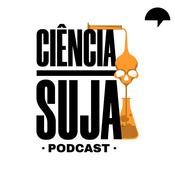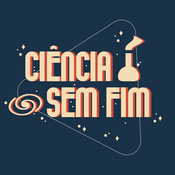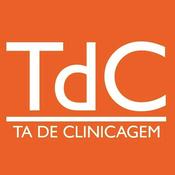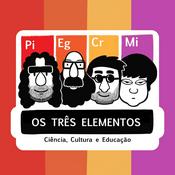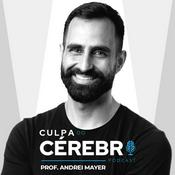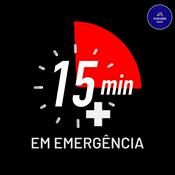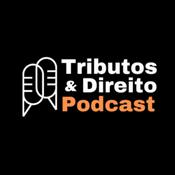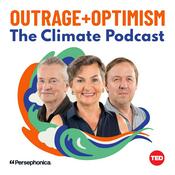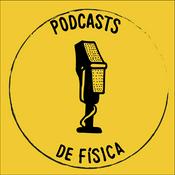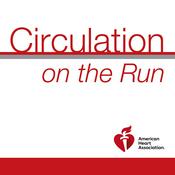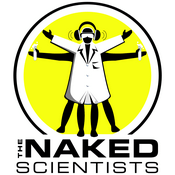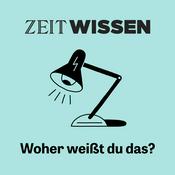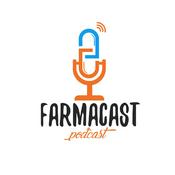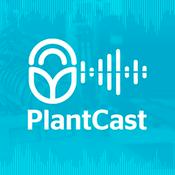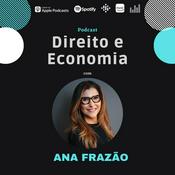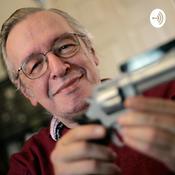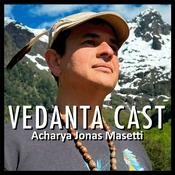106 episódios

How Our Brains Grasp Faces
07/8/2025 | 30min
From the earliest months of life, we rely on faces to help us navigate the world. They tell us who’s safe, who’s familiar, and whether they’re paying attention to us. But do our responses to faces develop gradually as our brains mature? Or are we born prewired to lock onto the human face. In this episode of Under the Cortex, cognitive scientists Rebecca Saxe of MIT and Heather Kosakowski of Harvard University join host Scott Sleek to discuss their groundbreaking findings, published in Current Directions in Psychological Science, about the development of the brain’s face-processing network. If you're interested in learning more about this research, visit psychologicalscience.org. Send us your thoughts and questions at [email protected]. Under the Cortex is going on hiatus and won’t be recording new episodes for the foreseeable future. Explore our archive of 150 episodes filled with scientific insights, stories from editors and researchers, and conversations worth revisiting again and again!

The Cost of Efficiency: Exploring Doubling-Back Aversion
24/7/2025 | 28min
Why do we avoid retracing our steps—even when it helps us reach our goals faster? In this episode of Under the Cortex, host Özge Gürcanlı Fischer-Baum speaks with Kristine Cho and Clayton Critcher from the University of California, Berkeley about their latest research on doubling-back aversion: the tendency to resist more efficient paths if they require undoing prior effort. Across four studies involving performance tasks and virtual navigation, Kristine finds that people often choose less efficient strategies simply to avoid feeling like their past actions were a waste. This aversion, while related to the sunk-cost fallacy, has its own unique psychological fingerprint. Tune in to learn how our perceptions of effort, progress, and meaning can lead us astray—even when we know better. If you're interested in learning more about this research, visit psychologicalscience.org. Send us your thoughts and questions at [email protected].

Time Warped: How Repetition Distorts Our Sense of Duration
10/7/2025 | 15min
Why do familiar experiences sometimes feel like they happened longer ago than they actually did? In this episode of Under the Cortex, host Özge Gürcanlı Fischer-Baum speaks with Brynn Sherman from the University of Pennsylvania about her recent study published in Psychological Science, the flagship journal of the Association for Psychological Science. Sherman's research uncovers a surprising illusion: repeated experiences, which are more vividly remembered, are often perceived as having occurred further in the past than they did. Through a series of experiments, Sherman and her colleague Yousif demonstrate that this distortion in time perception is both robust and consistent, shedding light on how our memories can mislead us about the timing of events. Tune in to explore the mechanisms behind this illusion and its implications for our understanding of memory and time. If you're interested in learning more about this research, visit psychologicalscience.org. Send us your thoughts and questions at [email protected].

Two Maps in the Mind: How the Brain Stores What We Know About Others
26/6/2025 | 29min
How does your brain keep track of the people in your life—not just who they are, but where they are in relation to you and to each other? In this episode of Under the Cortex, Özge Gürcanlı Fischer-Baum talks with Robert Chavez from the University of Oregon about his new findings published in Psychological Science, the flagship journal of the Association for Psychological Science. His research shows that our brains rely on two separate systems to encode person-knowledge: one that maps others in the broader world (allocentric), and another that maps them in relation to ourselves (egocentric). Together, these systems help us organize social memory and navigate our relationships with others. Tune in to learn how the brain structures our social world—and why it matters. If you're interested in learning more about this research, visit psychologicalscience.org. Send us your thoughts and questions at [email protected].

Bridging Research and Editorial Vision: A Conversation with Arturo Hernandez
12/6/2025 | 27min
How do the roles of researcher and editor inform each other? What can this intersection tell us about the future of psychological science? In this episode of Under the Cortex, Arturo Hernandez, Professor of Psychology at the University of Houston and editor for Perspectives on Psychological Science, joins host Özge Gürcanlı Fischer Baum to reflect on the dynamic relationship between scientific discovery and scientific communication. Drawing from his research on bilingualism and brain plasticity, Hernandez shares how his experiences in the lab and at the editor’s desk have shaped his views on innovation, interdisciplinarity, and the evolving needs of the field. If you're interested in learning more about this research, visit psychologicalscience.org. Send us your thoughts and questions at [email protected].
Mais podcasts de Ciência
Podcasts em tendência em Ciência
Sobre Under the Cortex
Ouça Under the Cortex, Ciência Suja e muitos outros podcasts de todo o mundo com o aplicativo o radio.net
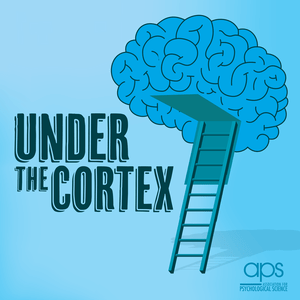
Obtenha o aplicativo gratuito radio.net
- Guardar rádios e podcasts favoritos
- Transmissão via Wi-Fi ou Bluetooth
- Carplay & Android Audo compatìvel
- E ainda mais funções
Obtenha o aplicativo gratuito radio.net
- Guardar rádios e podcasts favoritos
- Transmissão via Wi-Fi ou Bluetooth
- Carplay & Android Audo compatìvel
- E ainda mais funções


Under the Cortex
baixe o aplicativo,
ouça.
